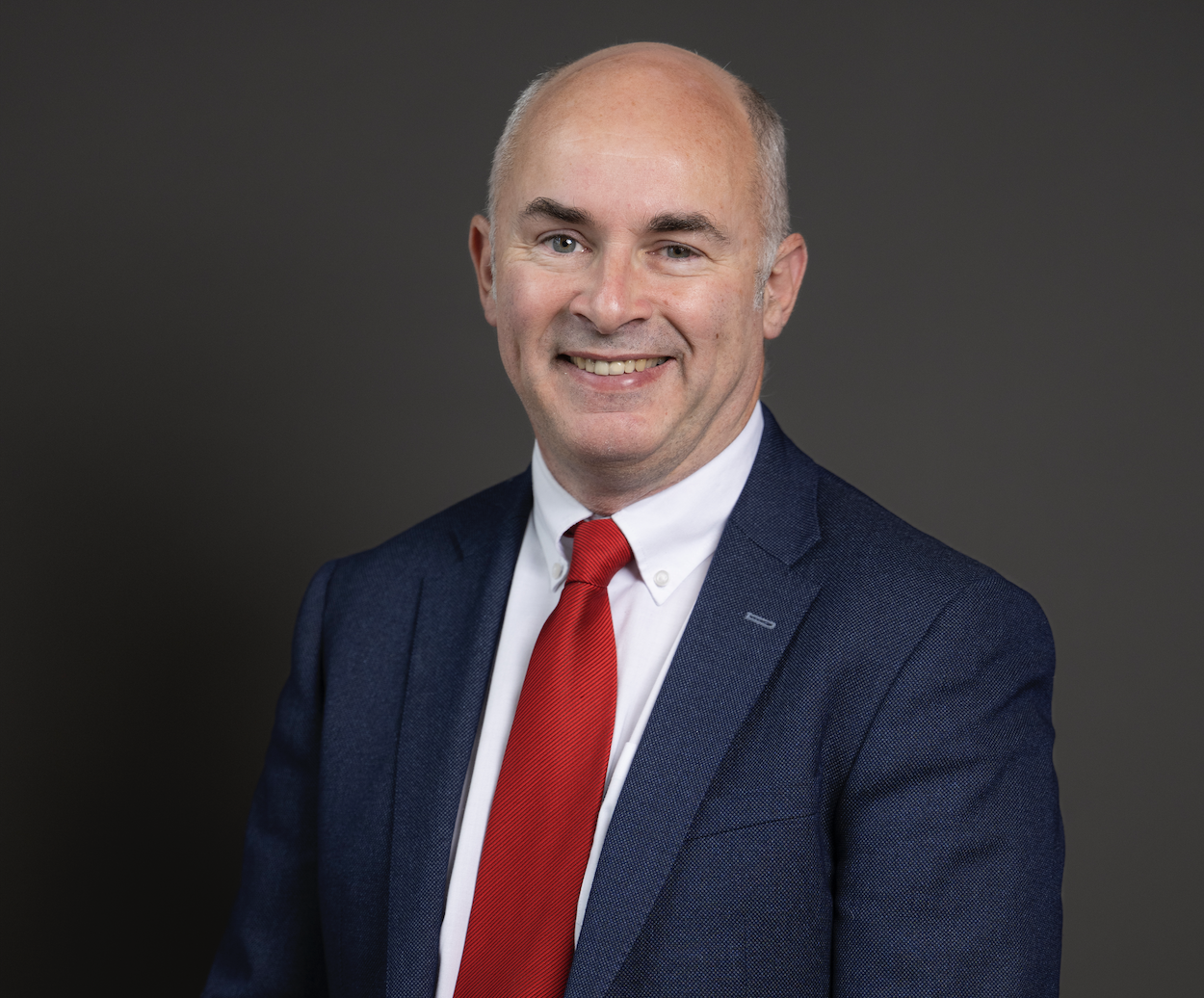On 23rd June, I brought to the floor of the House of Commons an Adjournment Debate on access to GP services. While my focus was on the growing challenges faced in North Down, the debate struck a chord far beyond my constituency – because the crisis in primary healthcare access is not confined to any one part of the UK. From Scotland to Wales, from the rural communities of Northern Ireland to the cities of England, people are experiencing unacceptable delays, reduced face-to-face access, and growing frustration in simply trying to see a GP.
The role of GPs is foundational to the NHS. They are often the first point of contact for patients – managing everything from acute illnesses to long-term chronic conditions and delivering vital preventative care. However, a clear and worrying trend has emerged: the number of GPs is not keeping pace with demand, and that is placing unbearable strain on services and compromising care.
This crisis is particularly acute in Northern Ireland. Evidence shows that we receive the lowest investment in GP services across the four regions of the UK. At a time when demand is rising sharply, this underfunding is not just negligent – it’s unsustainable.
Since 2014, we have seen 38 GP practices close in Northern Ireland – a drop of 11% – even as our population has grown by over 70,000 people. Since April 2023 alone, there have been 17 contract handbacks, resulting in the loss of 12 more practices, leaving just 305 across the region. That is not just a statistic – it’s the daily reality of thousands of patients who find it harder to get appointments, particularly face-to-face.
While 70% of GP consultations in England are face-to-face, that figure sits at just 57% in Northern Ireland – a modest improvement from 45%, but still far behind. This disparity is unacceptable.
I want to be clear: I welcome technological innovation in healthcare. The use of artificial intelligence, electronic prescribing, and virtual appointments all have their place in a modern NHS. But they must complement, not replace, the irreplaceable value of face-to-face consultations.
In-person appointments allow for a depth of communication that virtual platforms simply cannot replicate. They enable GPs to carry out essential physical examinations, observe non-verbal cues, and build relationships of trust with their patients. For vulnerable individuals – particularly the elderly and those suffering from mental health issues – that trust and human connection can be a lifeline.
The numbers are striking. In 2022, as we emerged from the pandemic, there were 9.7 million GP consultations in Northern Ireland. That rose to 10.1 million in 2023 – and currently, around 200,000 consultations are taking place every week, involving about 10% of the population. That’s a testament to the dedication of our GPs and their staff – but it is also a warning sign. One-third of GP practices now require crisis support from the Practice Improvement Crisis Response Team.
While private GP services are increasing, we must be very cautious about the direction this points us in. A two-tier health system – one for those who can afford it – and one for everyone else – is a betrayal of NHS principles. North Down, like the rest of Northern Ireland, needs a fully funded, fully staffed public GP system that works for all.
I commend the Royal College of General Practitioners Northern Ireland for their “Workforce for the Future” report, which makes 17 strong recommendations to improve recruitment, retention, and working conditions for GPs. These deserve urgent and serious attention – followed by decisive action.
Other innovations, such as the Pharmacy First programme, are already making a positive difference. This initiative allows pharmacists to treat minor illnesses, easing the pressure on GPs and offering quicker service to patients. We should explore these integrated solutions further while ensuring that digital access and traditional appointments are not competing alternatives – but collaborative elements of a patient-centred healthcare system.
There is also a clear economic case for action. Every £1 invested in GP services yields a £14 return to the local economy. That’s not just value for money – that’s value for community, for families, and long-term health.
So, I end with this: Is it not the case that Northern Ireland allocates the lowest proportion of its healthcare budget to GP services in the UK? Can anyone seriously argue that this is acceptable? I believe Northern Ireland deserves better – and I will continue to fight for the investment, reform, and support our GP services so desperately need.
Northern Ireland Deserves Better – GP Access Must Be Protected and Prioritised


